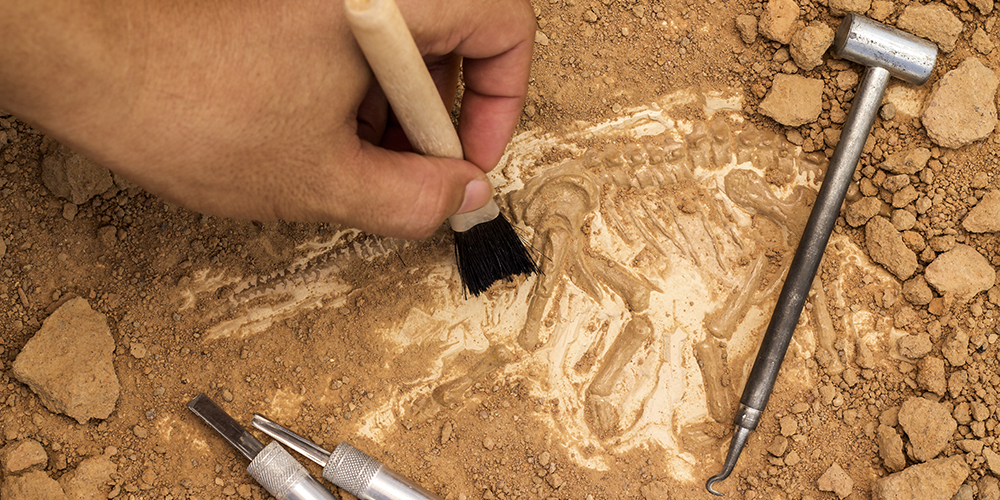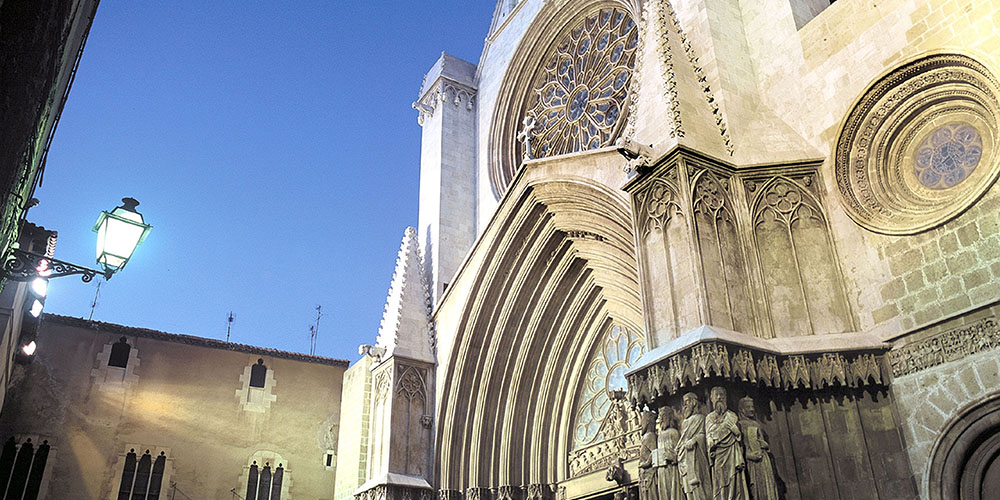Inter-University Master's Degree in Quaternary Archaeology and Human Evolution (Erasmus Mundus) - 12th edition
- Duration
- 120 ECTS
- Places available
- 20
- Type
- Face-to-face
- Language of instruction
- English (75), Spanish (20%) and Catalan (5%)
- Timetable
Classes are held in the morning and afternoon/evening from Monday to Friday. The face-to-face part of each subject is concentrated in two weeks.
- Course date
- 01/10/2024 - 30/05/2025
- Academic coordinator
- Dr. Carlos Lorenzo Merino
- URV Faculty
- Faculty of Arts (URV)
- Fees
- 3612€
(for students from the UE, Iceland, Norway, Liechtenstein, Switzerland and Andorra*, or resident in Spain, price for academic year 2024-25).
Rest of students: €5,825.
*Students with degrees from non-EU countries will be charged an academic tax of €218.15 the first time they enrol only.
Student Office
(+34) 977 77 99 44
master(ELIMINAR)@urv.cat
The Inter-university Master's degree in Quaternary Archaeology and Human Evolution offers a specialised, career-oriented degree designed to prepare students for research in the field of Quaternary archaeology without neglecting the important demands of society and the labour market. It aims to train students to evaluate and draw up reports on archaeological interventions so that they can work as specialists in the field of archaeology or in the management of archaeological heritage.
It has three main areas:
- Research into human palaeoecology and prehistory, palaeoanthropology, geology and palaeontology of the Quaternary.
- Archaeological intervention.
- Management, conservation, and socialisation of archaeological heritage.
Students can choose between two editions of the programme: the Interuniversity Master's Degree in Quaternary Archaeology and Human Evolution (Erasmus Mundus) and the Master's Degree in Quaternary Archaeology and Human Evolution. The main difference between the two degrees is that students are required to undertake an international Erasmus Mundus mobility stay as part of the interuniversity and international version. Therefore, students on both degrees have the same classes except for the stay abroad.
It shares objectives and educational activities with the degrees in History and Anthropology and Human Evolution through introductory subjects to a specialisation in archaeology.
Erasmus Mundus scholarships.
Participating universities
- Università degli Studi di Ferrara (coordinating university) (Italy)
- Universitat Rovira i Virgili (Spain)
- Instituto Politécnico de Tomar (Portugal)
- Muséum National d'Histoire Naturelle (France)
Collaborating Institutions
Institut Català de Paleoecologia Humana i Evolució Social (IPHES)









